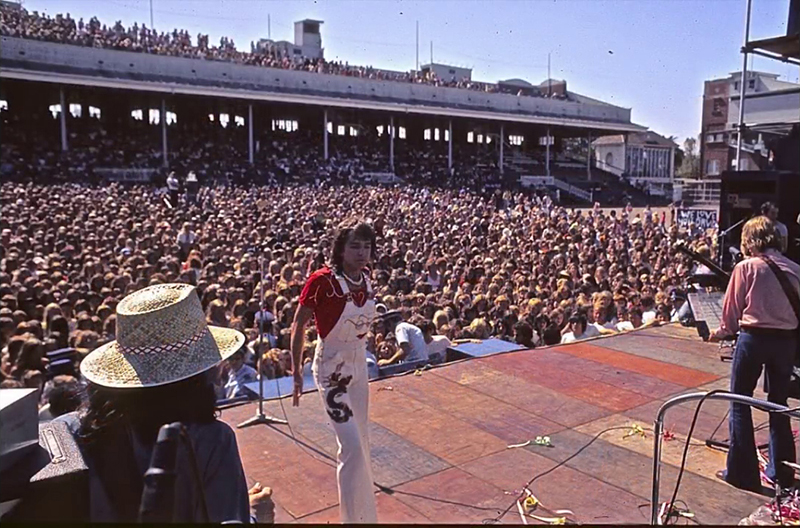
The world screamed his name—his paycheck whispered $600.
Fame can light up a city, but it doesn’t always pay the power bill. At the height of hysteria, when screams drowned out the sound system and record needles wore thin replaying his hits, David Cassidy—the face on every locker door—took home just $600 a week.
The machine whirred around him. Lunch boxes, T-shirts, posters, board games—an entire marketplace built on his smile. Fan clubs cashed allowances from girls who thought they were stepping closer to their hero. Companies minted fortunes with his image, no permission asked, no royalties owed. Cassidy sold out stadiums and tiptoed into his own house only to find strangers sleeping in cars and on couches, proof that the legend was outselling the life.
He was a star; his contract treated him like a prop. The loophole came wrapped in a birthday: he’d been under eighteen when he signed. When his manager spotted that single hinge, the door finally moved. A renegotiation followed—back pay in dignity if not dollars—and a salary that acknowledged the truth everyone else already knew: he wasn’t just the poster; he was the phenomenon.
But there’s another kind of payment—self-possession—and Cassidy found a way to collect it. In May 1972 he sat with Rolling Stone and shook off the shrink-wrap. He talked openly—about drugs, about sex—and then faced the lens without a stitch, photographed by Annie Leibovitz. It wasn’t scandal for scandal’s sake; it was a billboard for autonomy: this is the person, not the packaging.
That cover didn’t erase the way the industry had profited from his name, but it did something just as radical—it returned the name to him. For a generation of fans, the revelation was jarring; for Cassidy, it was oxygen. The boy next door had grown into a man who wanted authorship over his own story, even if it meant breaking the illusion others were still selling.
In the end, the numbers are almost too absurd to repeat: $600 a week for a phenomenon that moved like weather. But the figure is also a flare, lighting the truth about celebrity economies—how easy it is to mistake visibility for value, noise for equity.
David Cassidy’s legacy isn’t only in the pitch of his chorus or the brightness of his smile. It lives in the moment he stepped from merchandise into manhood, reclaimed his voice, and reminded us that the person behind the poster is the only one who should decide what his image is worth.